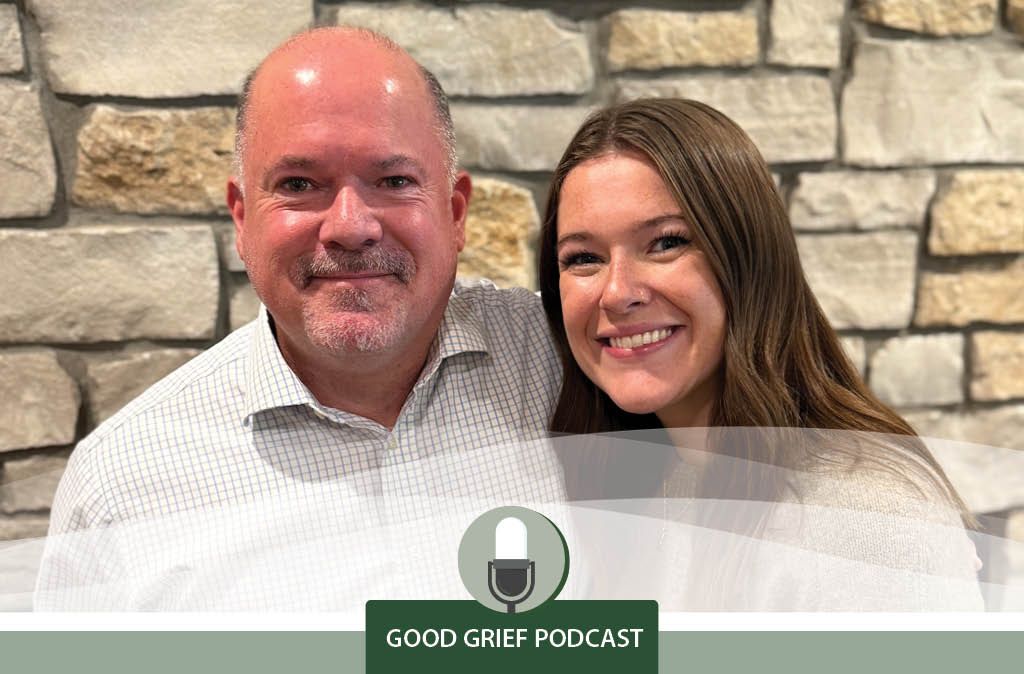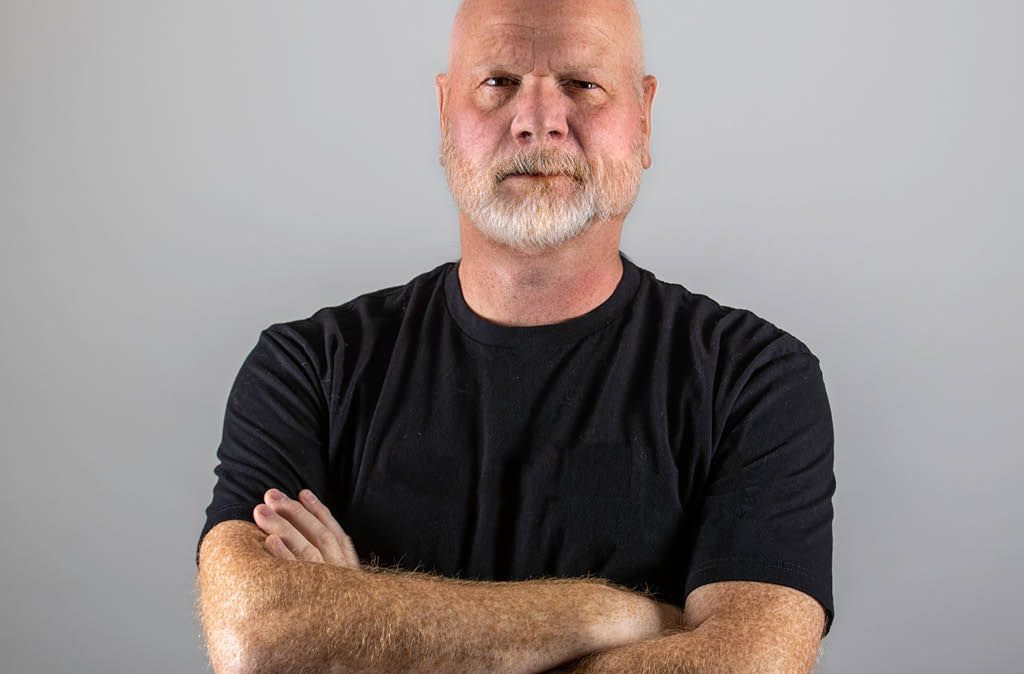This week’s article comes from the perspective of a funeral director, but also through the eyes of a man deeply hurt by the loss of his brother. As I’ve written in the past, the general public often doesn’t know what to say to those struggling with grief. When awkward silence strikes, euphemisms like “Well, at least you have closure” emerge—intended to signal an understanding of the loss, but often serving as a way to avoid deeper vulnerability and truly engaging with the pain someone feels.
Why do these seemingly simple six words hurt so much to those grieving?
1. ‘Closure’ Implies an End or Completion
Grief knows no boundaries and certainly has no expiration date. When you love with all your heart, that love doesn’t end—especially after someone dies. The term “closure” suggests that healing should follow a linear path or that the grieving process has a definitive endpoint. This implication diminishes the reality of lifelong grief, especially when the loss involves someone deeply cherished.
2. It Oversimplifies the Loss
Saying “at least you have closure” minimizes the uniqueness of the relationship and the complexity of the grief. It reduces the profoundness of the bond shared with the deceased to a single, simplified concept—effectively glossing over everything that made the relationship special and the grief so intricate.
3. It Creates False Expectations of Comfort
The idea of “closure” often falsely suggests that having answers or resolving one piece of the loss will somehow ease the pain. In my own experience, people told me I should feel “closure” after learning who killed my brother, Dan. Yet, knowing the details didn’t alleviate my despair. In fact, knowing that his life was taken by a man who presented himself as a man of God only deepened my anguish. It felt as if people were telling me that the knowledge should negate my feelings of devastation—as though the truth somehow balanced the scales of grief.
The bottom line is this: any statement to a grieving individual that starts with “At least…” or conveys toxic positivity diminishes their grief and creates an unsafe space for them to share their emotions.
What Can You Say or Do to Someone Deep in Grief?
The answer is simple: be present and authentic.
What you say isn’t going to remind them of their grief—it’s already front and center in their minds. Instead, focus on acknowledging their pain and letting them know they’re not alone.
Here’s an example of what you might say: “I can’t imagine the pain you’re feeling. Your mind must be racing as you try to process the extent of your loss. What I do know is that I’m here for you. I’d love to learn more about [insert name] and what made them so special. Please know that you can count on me.” These honest, heartfelt words acknowledge their pain and demonstrate your willingness to support them. They stand in stark contrast to dismissive statements like “Well, at least you…”
If and when you sit with them later, be curious. Ask open-ended questions like, “Tell me more about them.” Actively listen and affirm their feelings with statements like, “Wow, they sound amazing. I can see why your pain is so intense.” It’s not easy to comfort someone in grief, but it doesn’t have to be complicated.
Be genuine. Be present. And above all, let them know they are not alone. If you take ‘at least’ one thing from this article, let it be to never say to a grieving individual, anything that contains “At least”.
Sincerely,
Mike O’Connell
O’Connell Family Funeral Homes













